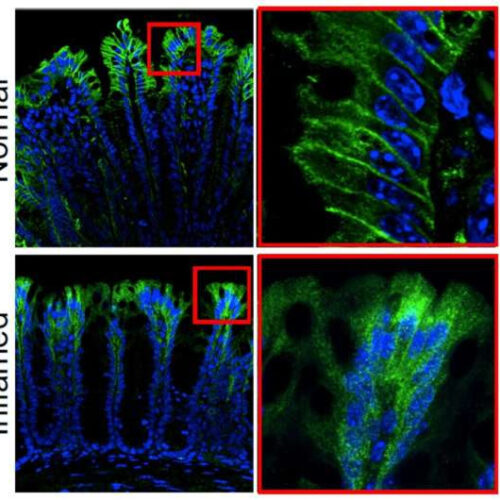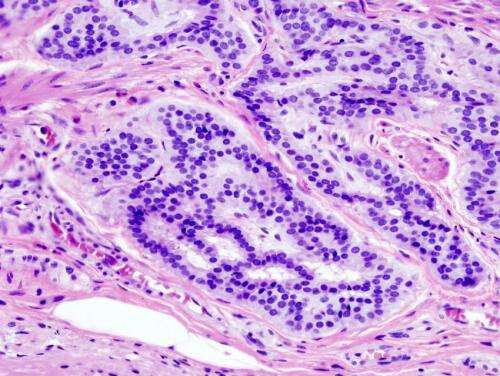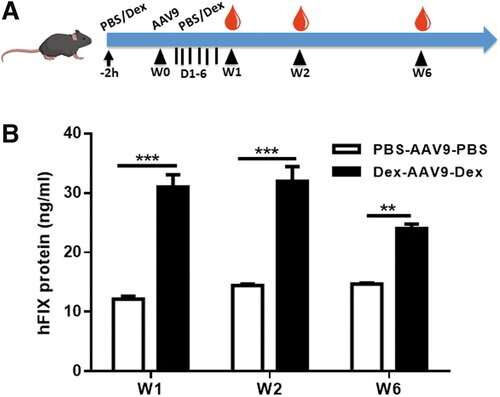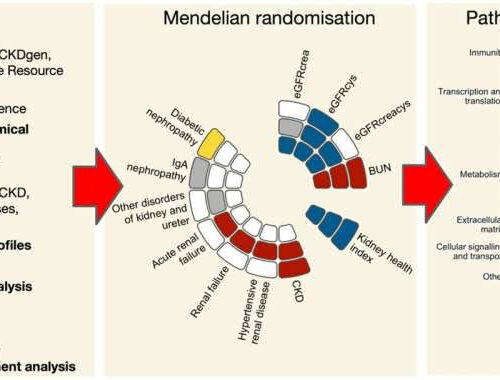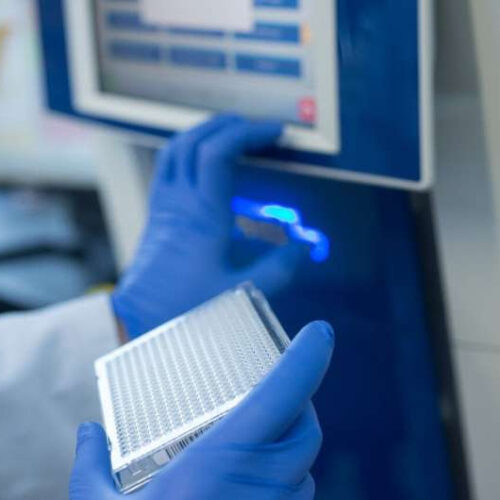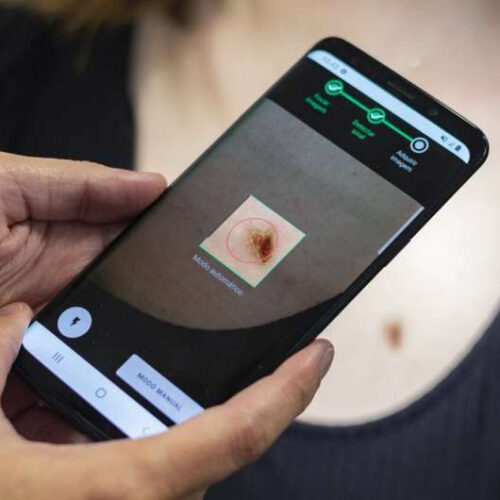by New York University In normal tissue, PAR2—seen here in fluorescent green—is found on the surface of cells, but in inflamed tissue, it moves from the surface of cells to compartments within cells called endosomes. Credit: Bunnett Lab, NYU Dentistry Researchers at the NYU Pain Research Center have identified a mechanism that underlies inflammation and...
Foamy cells inspire better way to predict heart attacks
by University of Connecticut Credit: Unsplash/CC0 Public Domain A heart attack or stroke can blindside people who thought they were at low risk. Now, research led by UConn Health has found a new model that could improve how we assess heart disease. The study is published in the January 18 issue of Circulation. Heart attacks and...
‘Stealth Omicron’ spreads more than original strain: study
Credit: Pixabay/CC0 Public Domain A sub-variant of the highly contagious Omicron coronavirus strain is even more infectious than the original version, according to a Danish study published on Monday. Sub-variant BA.2—also called “stealth Omicron”—was detected earlier this year and has displaced the first Omicron variant, known as BA.1, as the dominant strain in Denmark. A...
Lifestyle more likely to affect a child’s BMI than the weight of their mother
by University of Bristol Credit: Unsplash/CC0 Public Domain Researchers from the University of Bristol and Imperial College London have found that a high Body Mass Index (BMI) of a mother before and during pregnancy is not a major cause of high BMI in their offspring—indicating that childhood and teen obesity is more likely to be...
Sweet pressure—scientists discover link between high blood pressure and diabetes
by University of Bristol Credit: CC0 Public Domain The long-standing enigma of why so many patients suffering with high blood pressure (known as hypertension) also have diabetes (high blood sugar) has finally been cracked by an international team led by the universities of Bristol, UK, and Auckland, New Zealand. The important new discovery has shown...
Weight loss reduces the risk of growths linked to colorectal cancer
by Oxford University Press Cancer — Histopathologic image of colonic carcinoid. Credit: Wikipedia/CC BY-SA 3.0 A new paper in JNCI Cancer Spectrum, published by Oxford University Press, indicates that overweight and obese people who lose weight may reduce their chances of later developing colorectal adenoma—a type of benign growth or polyp in the colon or rectum...
Dexamethasone enhances transgene expression
by Mary Ann Liebert, Inc Figure 1. The long-term expression of hFIX in wild-type C57BL/6 mice pretreated with dexamethasone. (A) The schematic of the dexamethasone and AAV9/hFIX administrations and serum collection from blood. Dexamethasone (0.2 mg/mouse) or PBS was injected 2 h before 1 × 1010 vg of AAV9/hFIX vectors per mouse were administered through the retro-orbital vein. The...
Obesity is likely to cause an increased risk of kidney disease
by Michael Addelman, University of Manchester Graphical abstract. Credit: DOI: 10.1093/cvr/cvab357 A study led by University of Manchester and Manchester University NHS Foundation Trust (MFT) researchers has revealed that obesity is likely to cause an increased risk of kidney disease. Published in Cardiovascular Research, the findings—based on big data and a unique kidney tissue resource funded by Kidney Research UK—suggest...
RNA therapy for heart failure and organ fibrosis
by Fraunhofer-Gesellschaft To better understand the molecular signaling pathways in healthy and diseased hearts, researchers are analyzing non-coding miRNA using real-time PCR. This can be used to identify disease-related miRNAs, such as miRNA 132. Credit: Fraunhofer-Gesellschaft RNA has already been making an impact in the context of the vaccine program, but the potential of RNA-based...
A mobile app and AI software to speed up skin-cancer diagnoses
by Fraunhofer-Gesellschaft Figure 1: The Derm.AI mobile app photographs suspicious patches on the skin with precisely defined and standardized settings. Credit: Fraunhofer AICOS When skin cancer is detected early, there is a good chance of recovery. Fraunhofer researchers have developed a digital solution to significantly speed-up diagnosis. A mobile application assists in recording skin lesions...

